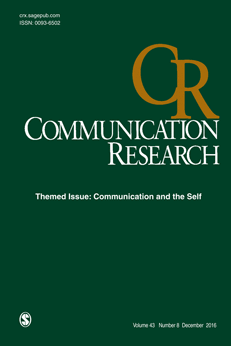 After a years-long dispute over a 2012 paper which suggested there might be some effects of first-person shooter video games on players, the journal has retracted the paper.
After a years-long dispute over a 2012 paper which suggested there might be some effects of first-person shooter video games on players, the journal has retracted the paper.
The stated reason in the notice: Some outside researchers spotted irregularities in the data, and contacted the corresponding author’s institution, Ohio State University, in 2015. Since the original data were missing, Communication Research is retracting the paper, with the corresponding author’s okay.
But as our story last month about this years-long dispute reported, there is a bit more to it. Continue reading “Boom, headshot!” Disputed video game paper retracted
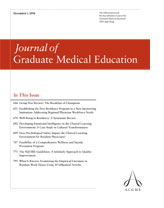
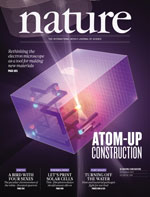


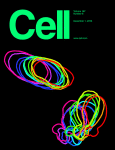 2013 probably felt like it was going to be a great year for stem cell biologist
2013 probably felt like it was going to be a great year for stem cell biologist 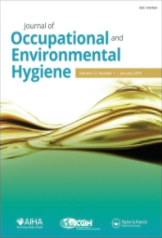

 In August, Science told us it was
In August, Science told us it was